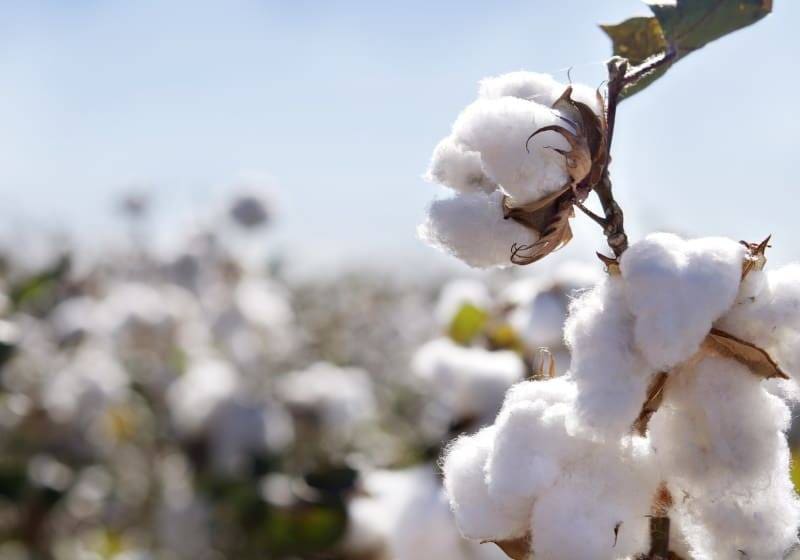ABIDJAN (Reuters) – Ivory Coast’s cotton industry will struggle to cover its costs after exporting just 20% of last season’s 210,902 tonnes of fibre because of COVID-19 disruptions in top buying destinations in Asia, the cotton ginners’ association told Reuters on Monday.
In a normal year, the West African nation would have exported almost all of its fibre by now.
Instead, the crisis has caused delays and the cancellation of some contracts with buyers in Pakistan, India and Bangladesh, the association’s executive secretary said.
Global cotton prices have fallen by more than 11% this year, after efforts to slow the spread of the novel coronavirus forced clothing shops to close, dented demand and accelerated a decline triggered by the U.S.-China trade war. <COT/N>
As a result, Ivory Coast’s cotton sector “is facing difficulties mobilising funds to cover costs relating to the collection of fibre, transport and payment of producers,” said Brou Kouakou, declining to provide figures.
Ivory Coast produced 490,470 tonnes of raw cotton in the 2019/20 season and output is forecast to reach 507,000 tonnes this season, provided the epidemic does not disrupt cultivation, he said.
The Ivorian cotton season runs from May to April, with sowing from April to June and harvesting from October to January. Ginning and marketing take place from November to April.
Ivory Coast, the world’s top producer of cocoa and raw cashews, has also struggled to find buyers for its cashews this year partly as a result of the health crisis.
The need to store stocks longer and extend loans as a result of coronavirus-linked delays has further increased costs, he said.

